A COVID-fighter’s guide to T cells
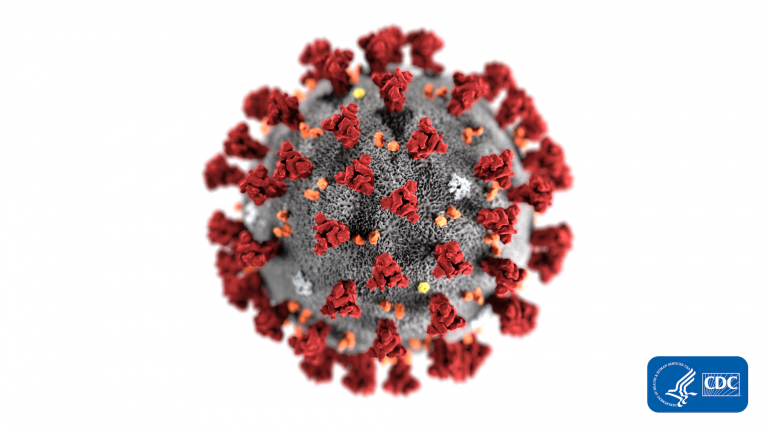
New LJI review shows how T cells target more than 1,400 sites on SARS-CoV-2

New LJI review shows how T cells target more than 1,400 sites on SARS-CoV-2
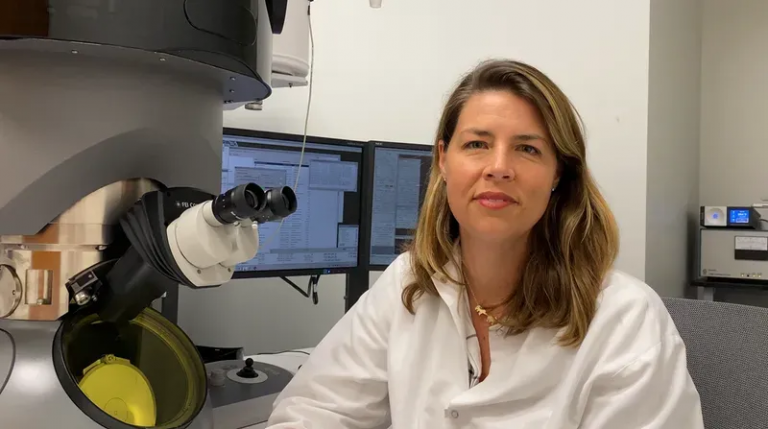
Erica Ollman Saphire brings together scientific competitors to find new antibody therapeutics for COVID-19.
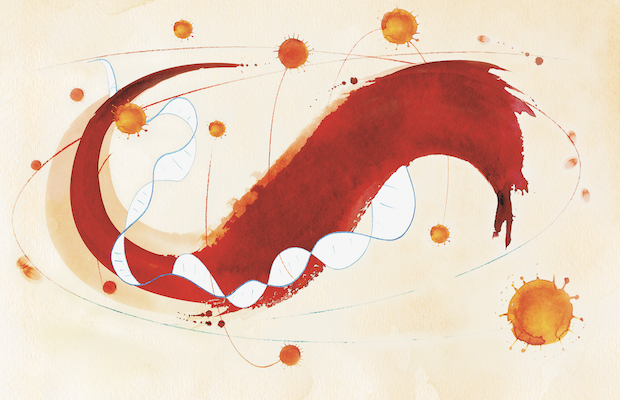
Men and women have different immune systems. With a better understanding of sex-specific immune differences, scientists can more effectively fight infections, cancers, heart disease, and even pregnancy complications.
San Diego biotech entrepreneurs François Ferré, Ph.D., and Magda Marquet, Ph.D., knew supporting LJI would be critical for advancing our understanding of COVID-19.
Speaking up for science
The bioinformatics tools Dr. Peters has developed are invaluable for immunologists worldwide.
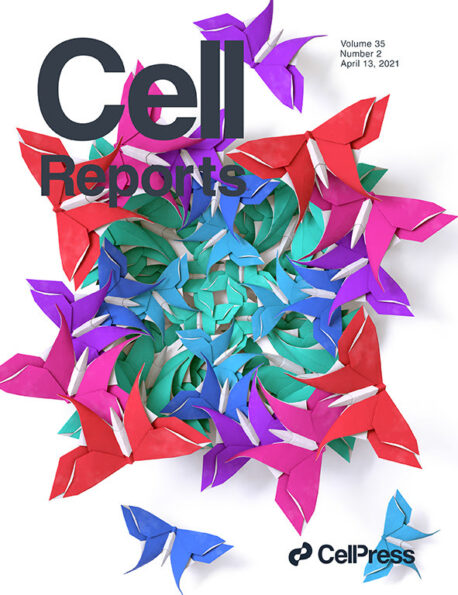
New study highlights VP40 as a promising therapeutic target

The rapid rise in different parts of the world of deadly, more infectious coronavirus variants that share new mutations is leading scientists to ask a critical question
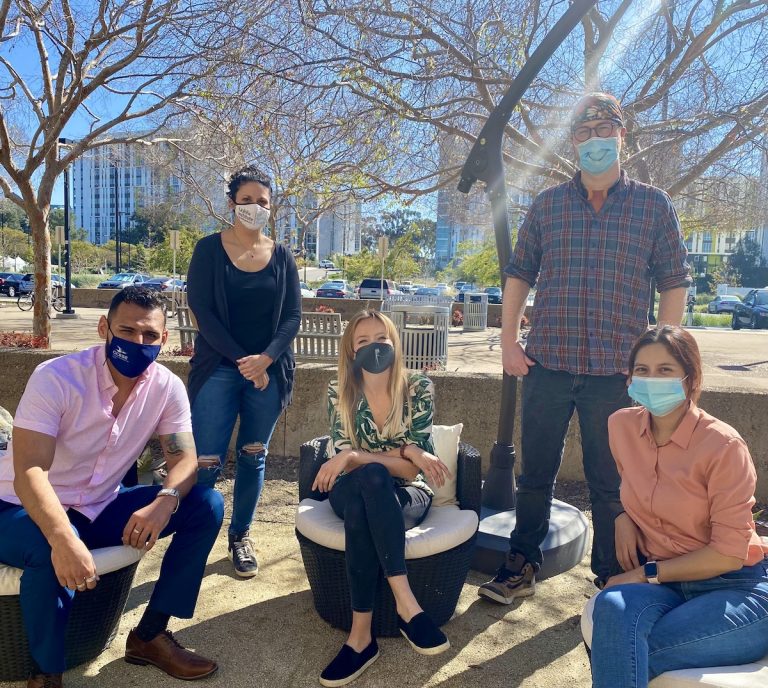
Saliva-based COVID-19 screen proves fast, cheap and reliable
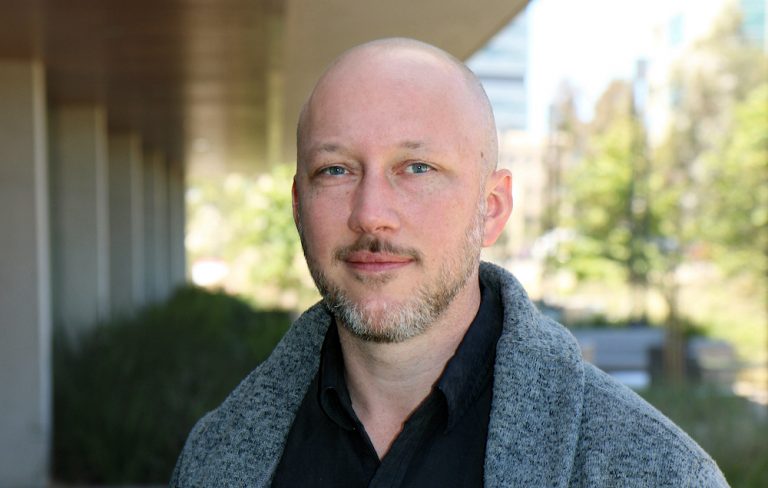
Myers Lab to expand autoimmune disease research, cancer and more
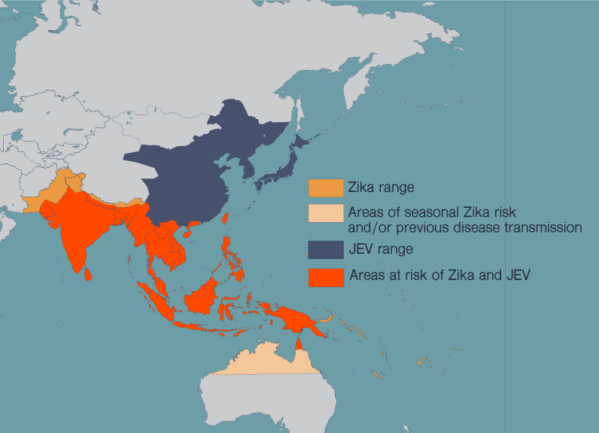
As she advances global health, LJI Professor Sujan Shresta takes on three new research projects to support equity for scientists in South and Southeast Asia

LA JOLLA, CA— La Jolla Institute for Immunology (LJI), one of the leading research organizations dedicated to studying the immune system announced today that it has signed a licensing agreement with Leinco Technologies, Inc., a premier developer and manufacturer of leading-edge recombinant proteins,…
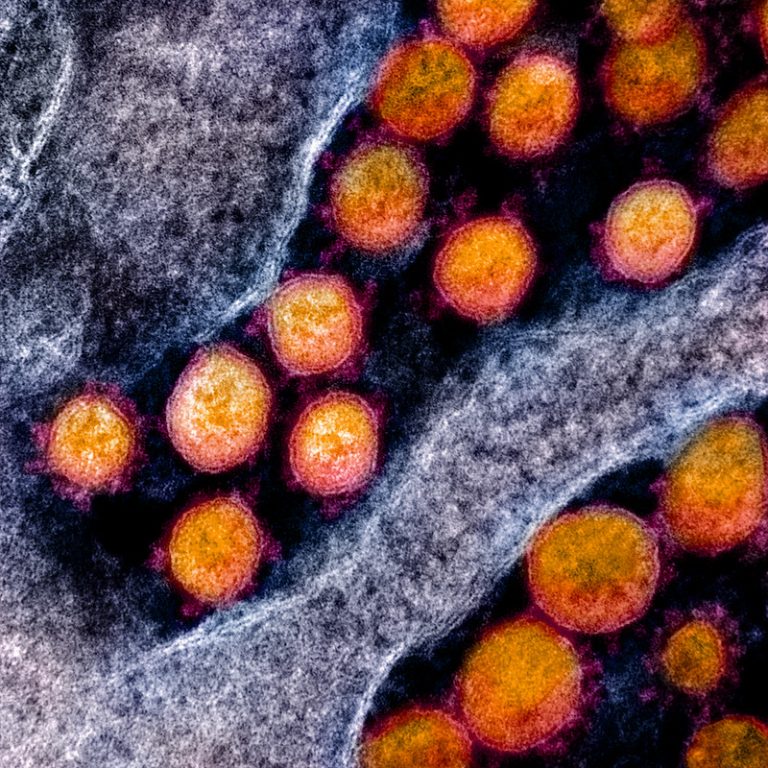
5 takeaways from February's "Live from the Lab" webinar

Coronavirus: The Evidence

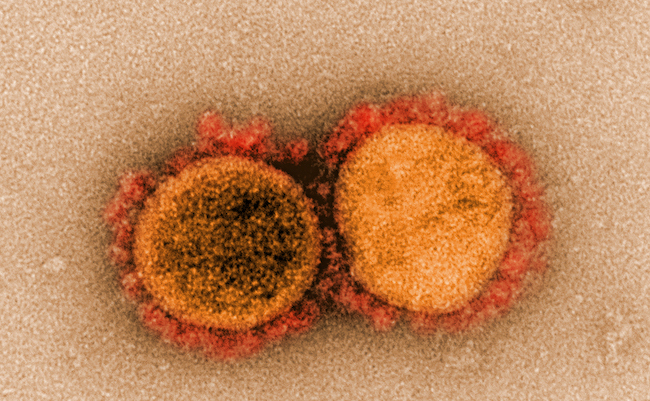
New LJI research gives detailed look at vulnerable sites on the novel coronavirus—beyond the receptor binding domain

New research highlights the enormous variability in how T cells respond to the deadly virus

Once immunity is widespread in adults, the virus rampaging across the world will come to resemble the common cold, scientists predict.

New findings suggest that immune response to COVID-19 may be long-lasting.

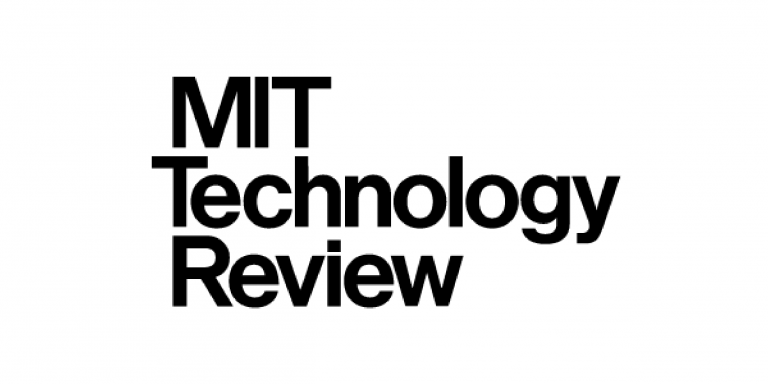
A new study shows immune cells primed to fight the coronavirus should persist for a long time after someone is vaccinated or recovers from infection.
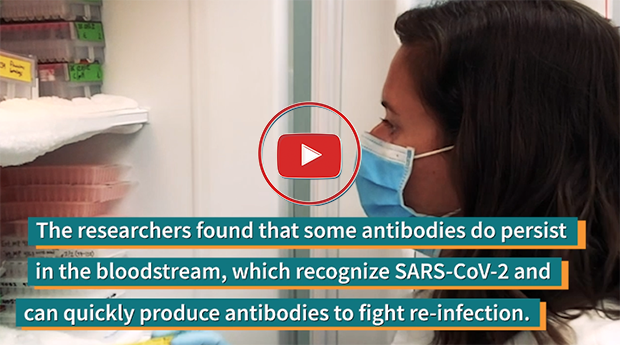
Why declining antibodies don't spell disaster for long-lasting immunity

LJI scientists track down control elements that govern gene expression from a distance
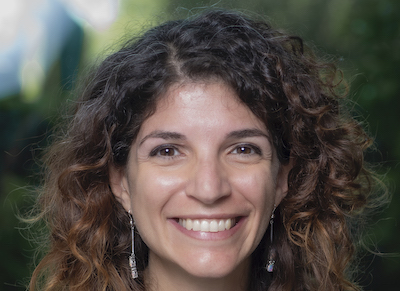
New award from the Embassy of Italy honors an Italian scientist making breakthroughs in a global crisis

Scientists who aren’t virologists or vaccinologists can still make crucial contributions to the global effort to battle SARS-CoV-2.

After infection or vaccination immunity to the virus may be long lasting
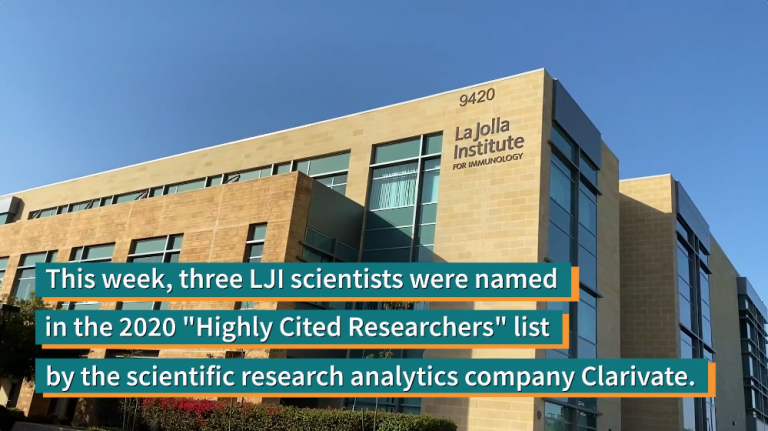
LJI Professors Shane Crotty, Ph.D., Bjoern Peters, Ph.D., and Alessandro Sette, Dr. Biol. Sci., were named “Highly Cited Researchers” this week by Clarivate.

A year of scientific uncertainty is over. Two vaccines look like they will work, and more should follow.

Blood samples from recovered patients suggest a powerful, long-lasting immune response, researchers reported.

Immunity to the novel coronavirus may last eight months or longer, according to a new study authored by respected scientists at leading labs, which found that individuals who recovered from the coronavirus developed “robust” levels of B cells and T cells (necessary for fighting off the virus) and “these cells may persist in the body for a very, very long time.”

San Diego scientists and trial participants are cautiously optimistic after early reports that Pfizer’s COVID-19 vaccine is highly effective
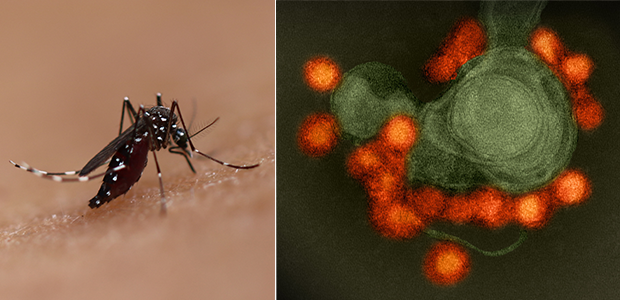
Stopping emerging viruses could depend on getting T cells and antibodies to work together

The body’s immune system is immensely intricate. A new study released in the UK is causing a stir because of what it says about possible limits to our immunity to COVID-19. Dr. Alessandro Sette talks with The World’s Marco Werman about what the study’s results mean for the possibility of a strong coronavirus vaccine.
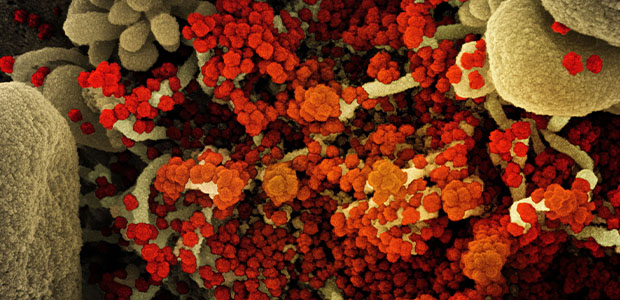
New immune cell studies may shed light on heart attacks, inflammation seen in COVID-19 patients
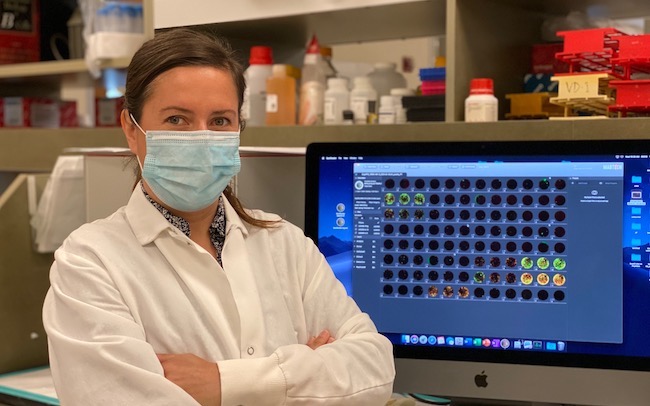
New funding from the National Cancer Institute will let scientists get “whole picture” of the immune response
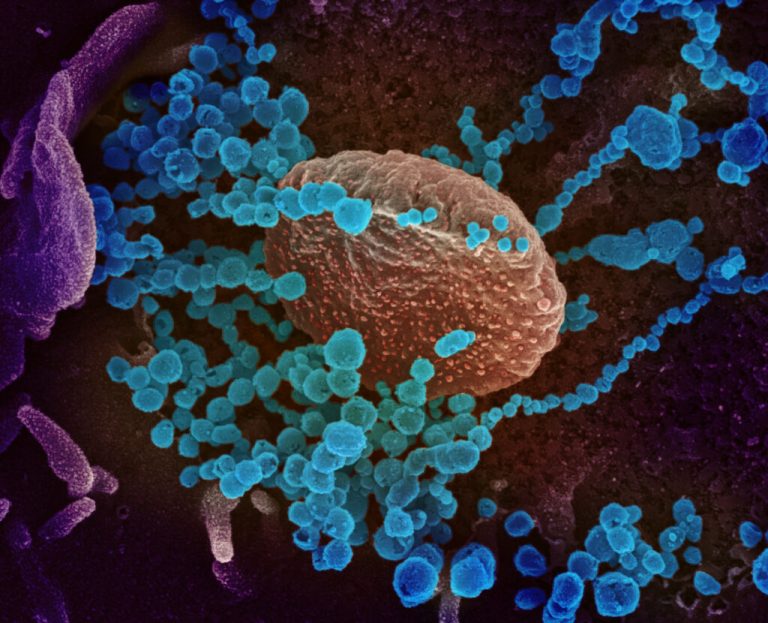
Scientists in the U.S. and U.K. publish first in-depth look at how CD4+ T cells fight SARS-CoV-2

COVID-carrying skiers may help explain disease trends in Germany
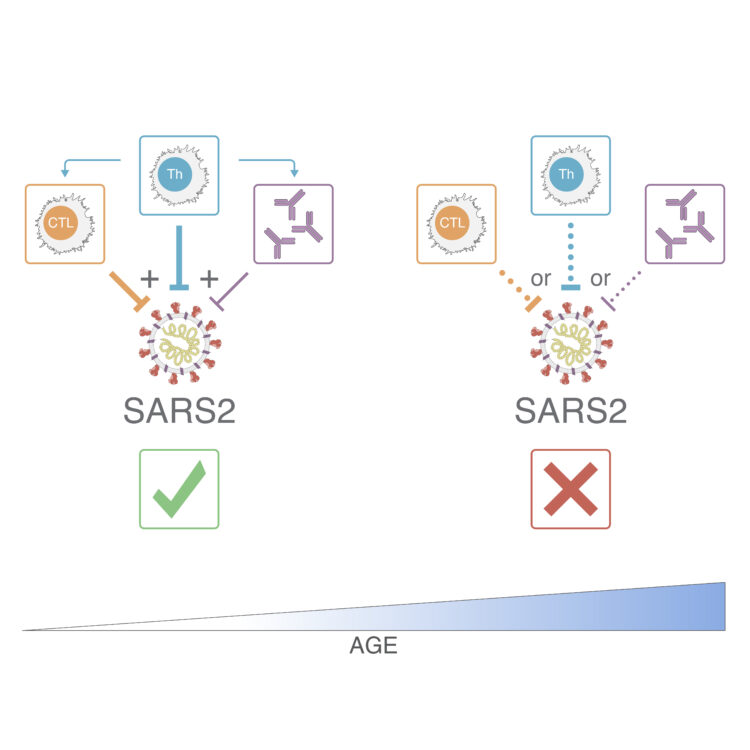
Finding may help explain why people 65 and above face a higher risk of falling critically ill with COVID-19
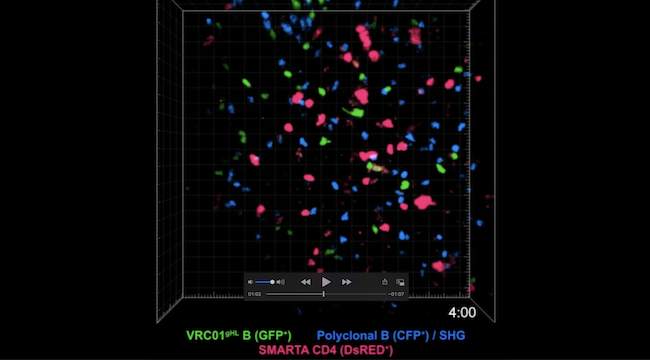
LJI and Scripps Research scientists tackle the problem of antigen valency

The National Institute of Allergy and Infectious Diseases (NIAID) has awarded more than $6.4 million to Dr. Saphire to support research toward COVID-19 antibody therapeutics.
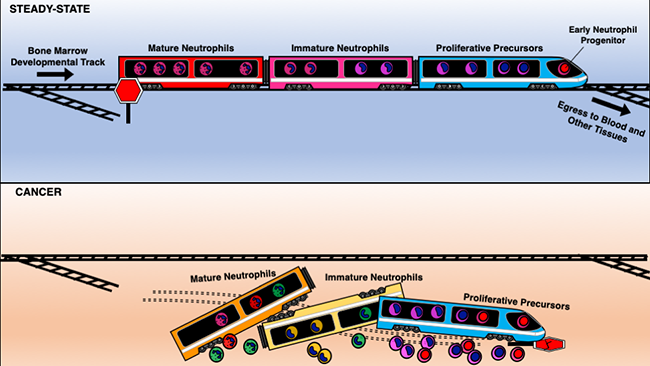
New understanding of immune cell origins may offer cancer and COVID-19 drug targets

New research suggests that some of us may be partially protected due to past encounters with common cold coronaviruses

Worries over waning antibodies may be overblown, as growing evidence shows a role for T cells in the coronavirus immune response.


The following is a brief roundup of some of the latest scientific studies on the novel coronavirus and efforts to find treatments and vaccines for COVID-19, the illness caused by the virus.

Some people who’ve never been exposed to the novel coronavirus may have protection against it, but that is far from certain

Which is too bad because we really need to understand how the immune system reacts to the coronavirus.
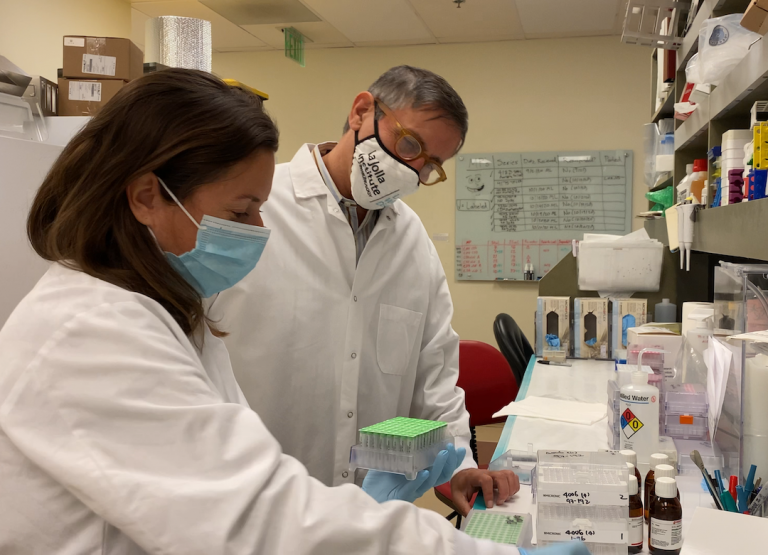
Researchers caution: It is too soon to say whether pre-existing immune cell memory affects COVID-19 clinical outcomes
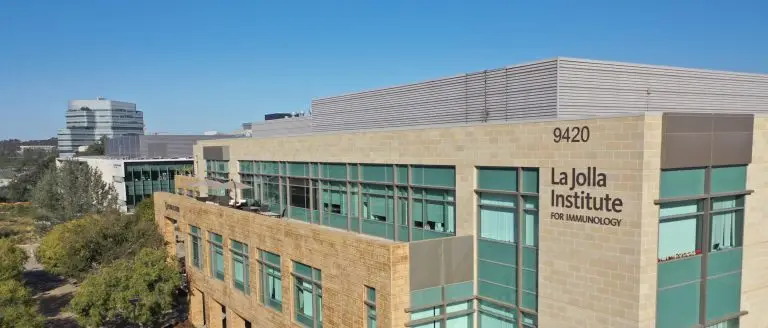
LA JOLLA, CA – La Jolla Institute for Immunology (LJI) has announced a $1 million gift from GHR Foundation, an independent global philanthropy based in Minneapolis, MN. This significant gift will support the work of the Coronavirus Immunotherapy Consortium (CoVIC), a global partnership headquartered…

We’re now more than seven months into the coronavirus pandemic that has upended the lives of most of Earth’s inhabitants.

The decline seen in some studies is normal, experts say. But scientists must wait to see whether infection confers long-term protection
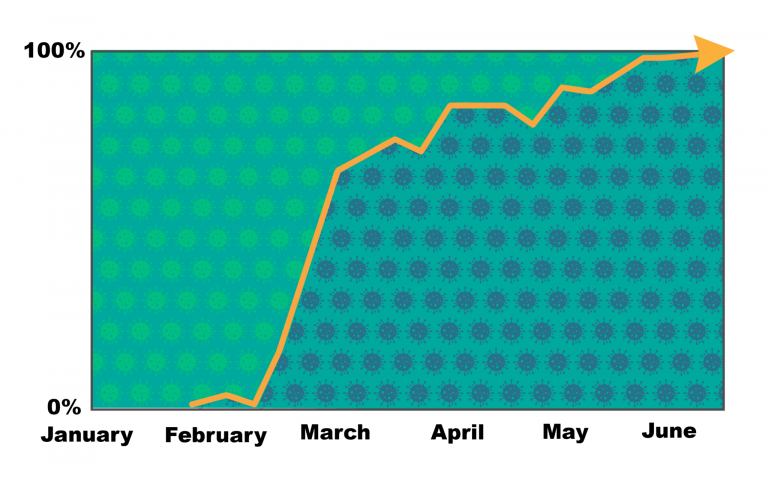
A small variation has made the novel coronavirus fitter—but not more deadly
International collaboration provides important piece of COVID-19 puzzle

The new study shows how a protein works as a “master regulator” in the immune system

Future vaccines will need to harness the power of T cells in preventing Zika fever and Japanese encephalitis

Researchers comb through hundreds of studies to find clues to beating COVID-19
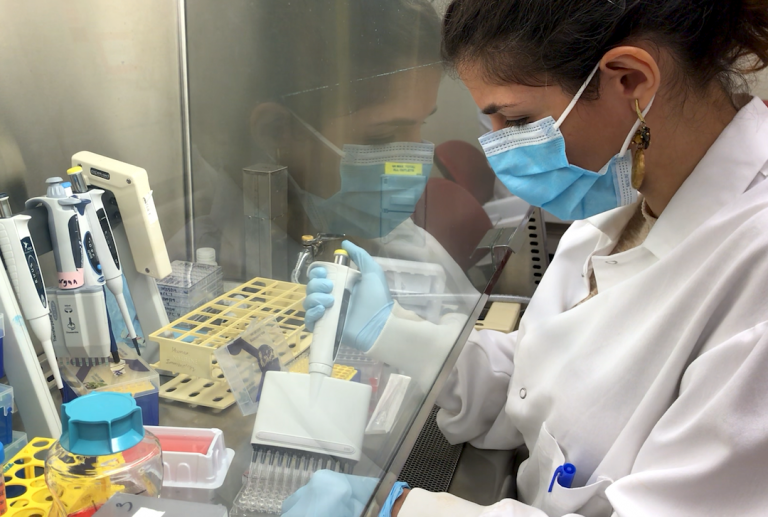
Study finds robust antiviral T cell response in humans with COVID-19 and detects substantial crossreactivity in unexposed individuals; in a piece of good news provides a benchmark for testing of vaccine candidates.

Antibody therapeutics will likely be a critical tool for protecting frontline healthcare workers and those at most risk of SARS-CoV-2 infection
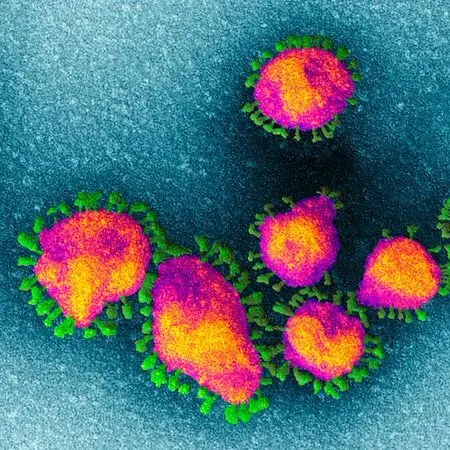
To aid vaccine design, researchers will investigate how a diverse population fights off viral attack
Their analysis provides essential information for vaccine design and the evaluation of diagnostics and vaccine candidates
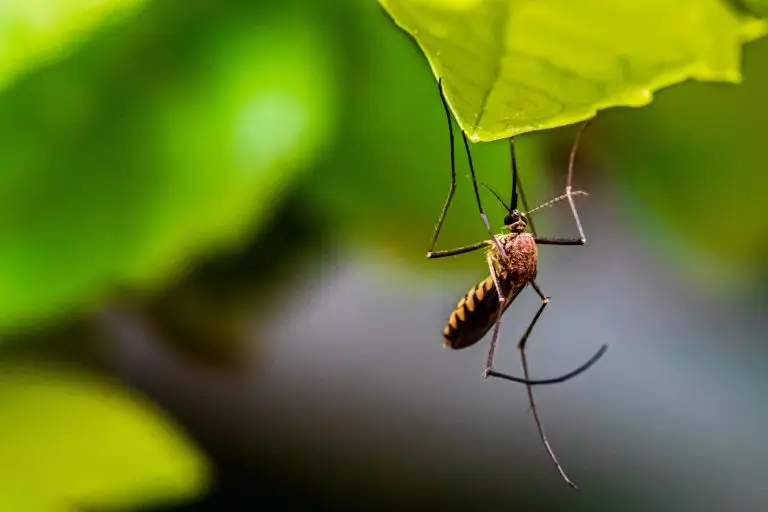
The finding is important to both the basic understanding of this disease—the world’s most common mosquito-borne illness—and to the hunt for an effective vaccine for dengue.
The Beacon optofluidic technology will be used to speed the identification of lifesaving treatments for deadly viruses including Ebola, Lassa and others.
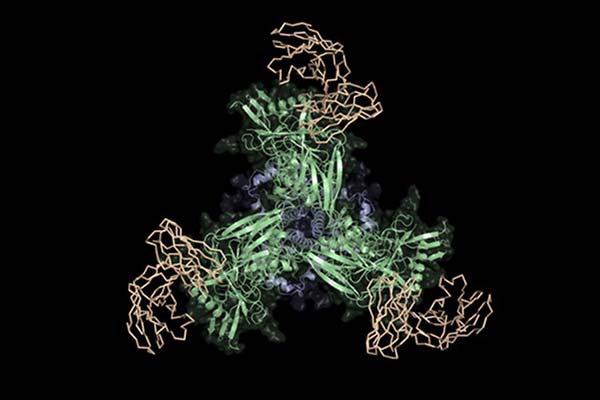
A new approach that targets young immune cells may also work for creating vaccines against the flu, dengue, malaria and hepatitis C
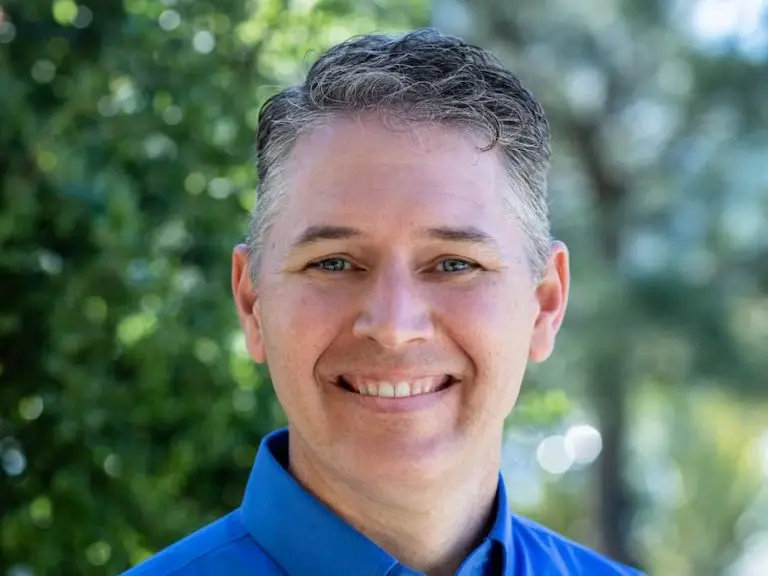
The award is given annually to a former Cancer Research Institute postdoctoral fellow in recognition of outstanding success in academia or industry for research that has had a major impact in the field of immunology.
Detailed structural studies provide blueprint for the development of potent therapeutics and vaccines
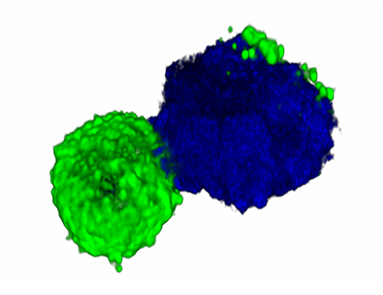
LJI team finds that ‘doublet’ immune cells are much more common—and more important in disease—than previously thought
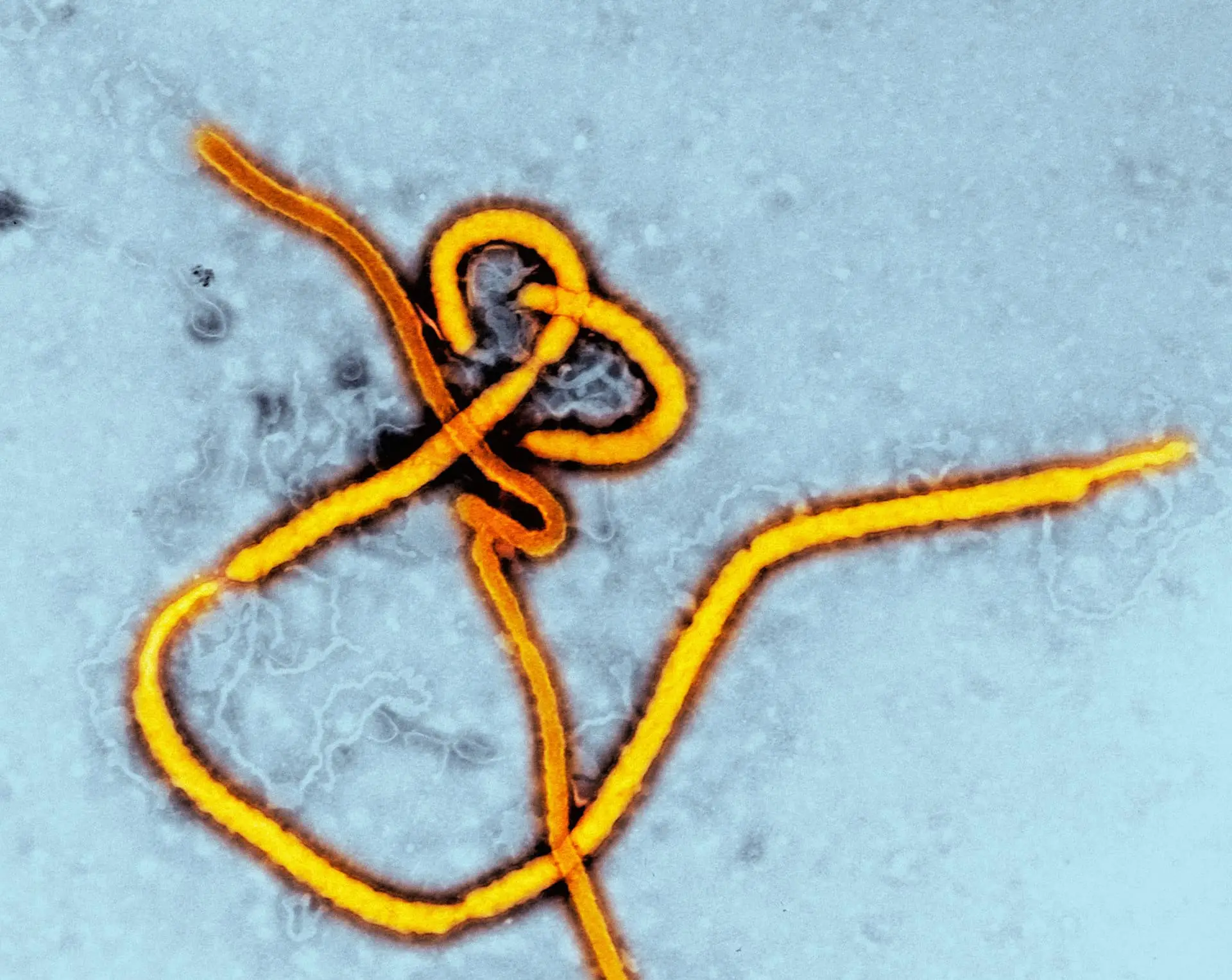
The grant establishes the global Viral Immunotherapeutic Consortium to develop new treatments for Ebola, Lassa and other viral threats
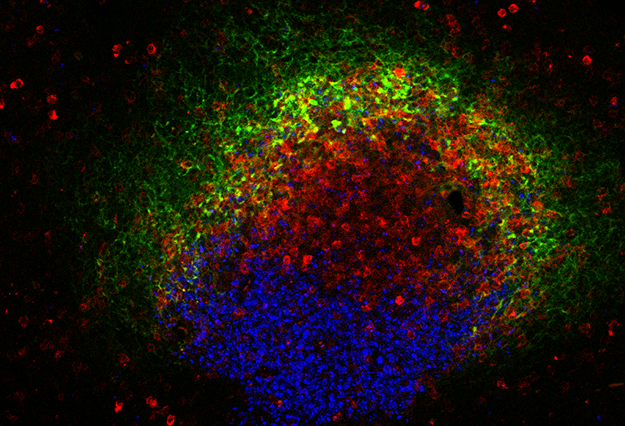
LJI scientists find that slowly releasing an HIV vaccine could prompt the body to make more powerful antibodies against the virus
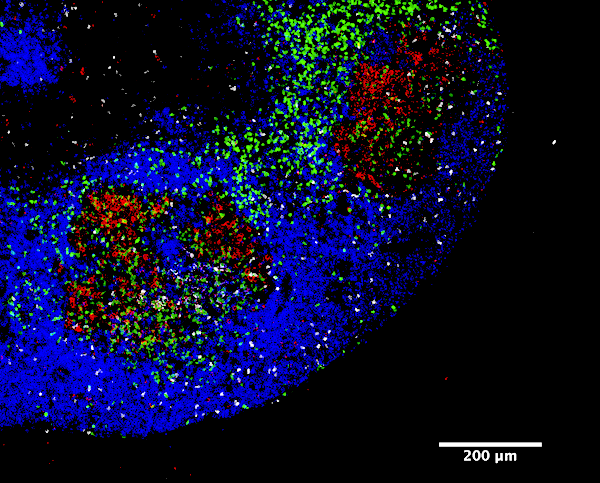
A combination of genetic and immunological factors makes some children susceptible to the bacteria that cause strep throat
Findings could help develop novel therapeutic strategies to combat malaria
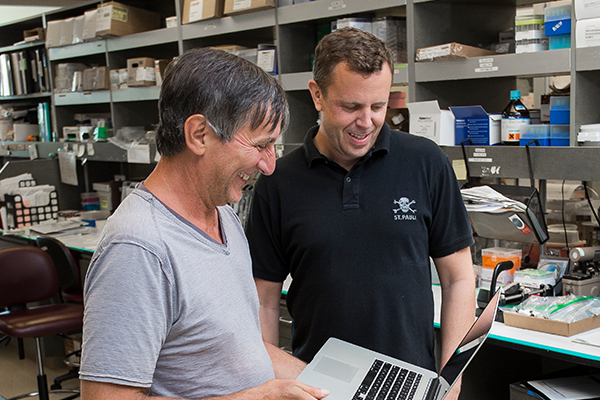
The IEDB gives biomedical researchers worldwide free access to a rapidly growing catalogue of epitopes—the specific, molecular structures that the immune system uses to tell friend from foe
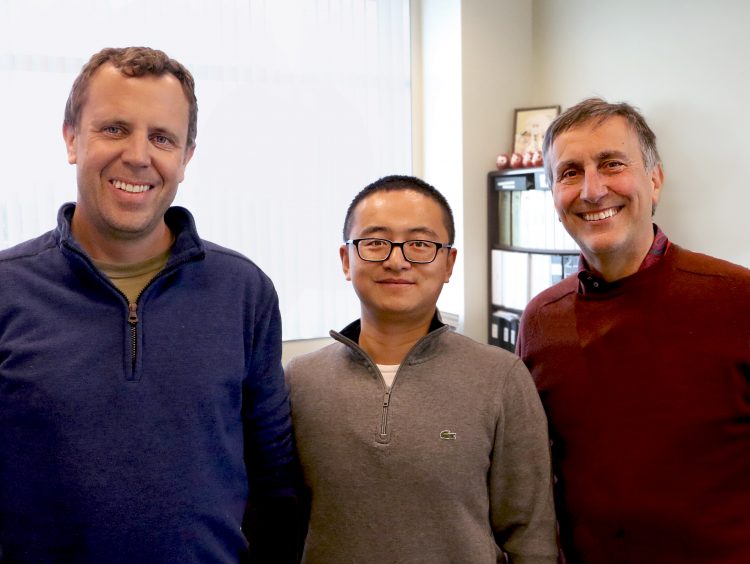
The fellowship specifically supports interdisciplinary training to encourage understanding between immunology researchers and computational scientists